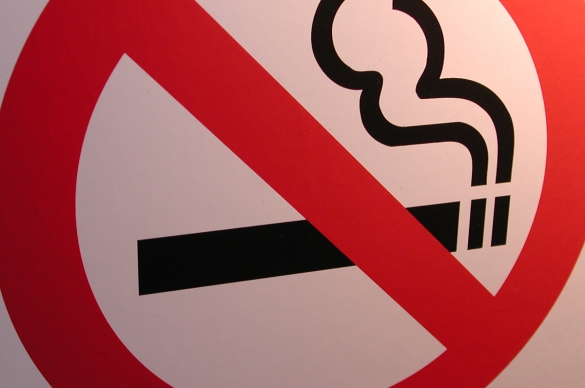ACS CAN supports a comprehensive approach to reducing tobacco use and exposure to secondhand smoke, including increasing taxes on all tobacco products, implementing comprehensive smoke-free laws, fully funding and sustaining evidence-based, statewide tobacco control programs, ensuring access to clinical cessation services and working with the Food and Drug Administration to regulate tobacco products and their marketing.
